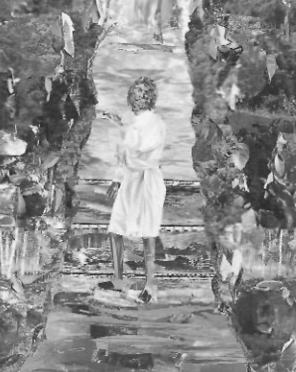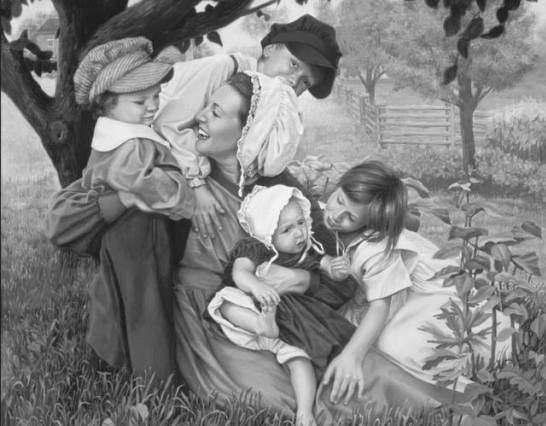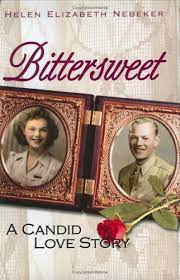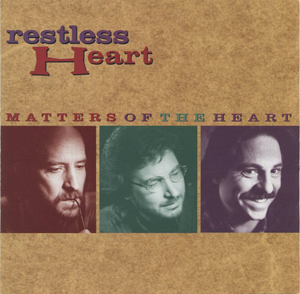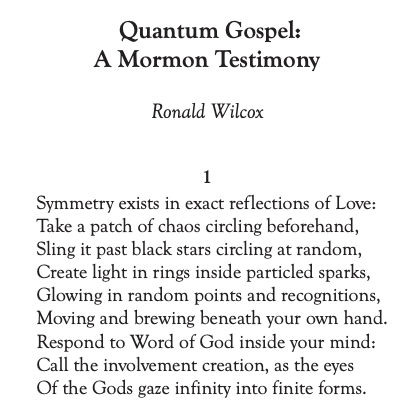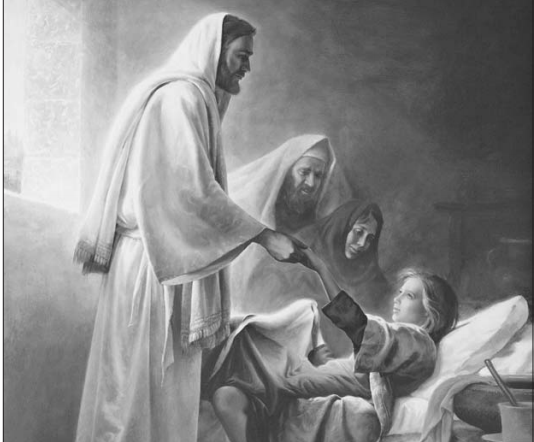The Theology of Desire
March 21, 2018A friend who is a soprano once related a story to me of a rime when she was accompanied by a male pianist. They worked together on the piece for some weeks; and finally, when they performed, the ecstatic release, the sense of the flowing together of their spirits, was, in her words, “like making love.”


